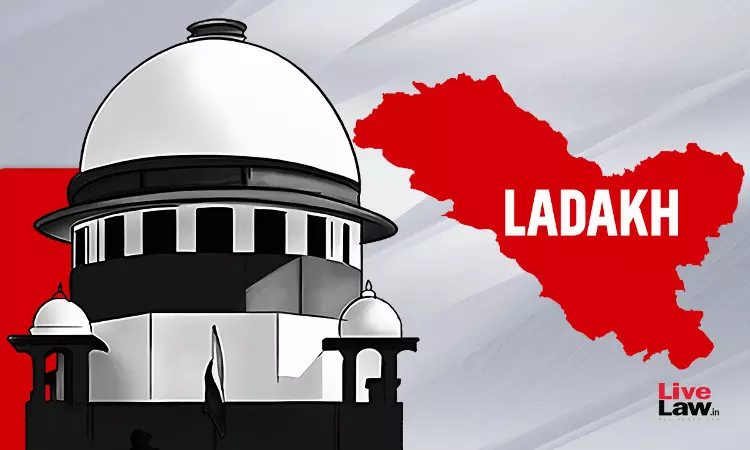Parliament Can Carve Out A Union Territory From A State; Views Of State Only Recommendatory: Supreme Court
LIVELAW NEWS NETWORK
11 Dec 2023 3:06 PM IST

Next Story
11 Dec 2023 3:06 PM IST
While upholding the repeal of the special status of Jammu and Kashmir under Article 370 of the Constitution, the Supreme Court also affirmed the power of the Parliament to carve out a Union Territory from a State.Holding so, a Constitution Bench led by Chief Justice of India DY Chandrachud upheld the Jammu and Kashmir Reorganisation Act 2019 to the extent it created the Union Territory of...
